Liezl Worship has worked in early learning since she graduated in 1992. “As an occupational therapist, you tend to work one on one, helping specific children participate more fully in life and learning. After joining the Pebbles Project, I realised we had to reach more than one child at a time to make a bigger impact.”
The Pebbles Project is a Western Cape non-profit dedicated to enabling children from agricultural communities to reach their full potential. Liezl is head of Early Childhood Development for children under three years old. She is also responsible for overseeing the special needs support for both children and youth.
“Access to quality early learning, in a safe environment can provide a solid foundation for lifelong learning and well-being. Children in under-resourced areas, including farms and rural communities, often lack basic learning opportunities.”
“Our ECD goal is to give young children (from 3 months to 6 years old) the best early learning experiences possible.”
Delivering quality early learning
The quality of early learning has an enormous impact on school readiness and later development. According to Thrive by Five Index based on ELOM data collected in 2021, less than half (44.7%) of children who attend early learning programmes in South Africa, start school with the right learning foundations in place.
Liezl and her team use the ELOM tools to assess the effectiveness of their programme. She found the tools relatively easy to use. “It’s geared for our South African context and, other than the tablet (to digitally store and share the data), only readily available items are required.”
“Assessments can be done in any language, including Afrikaans, the dominant language among our learners.”
Their first ELOM assessment was in 2019. “The results suggested that some kids were struggling with gross motor skills and we reviewed our programme to address this.”
After their second ELOM assessment in 2022, Liezl found richer insights. “We dissected the report in depth and identified a few essential building blocks that were missing. As a result, we made significant adjustments. This included involving more volunteers, tertiary institutions and NGOs so that we had more ‘hands on deck’ to provide more personalised attention.”
Liezl believes that assessments at several points in development are valuable:
“See each assessment as part of a bigger picture, not an endpoint. At first you see results in a certain way. Second time around you see broader trends and gain a deeper understanding. Go beyond a report for funders. Dig into the results and use the information to strategically guide your programme.”
Benefits of working with ELOM
After she qualified as an assessor, the ELOM team approached Liezl to join their training team. “At times I underestimate my knowledge and experience. ELOM has given me a better understanding of how I can contribute to early learning on a bigger scale.”
Liezl has run ELOM training courses in Gauteng, the Eastern and Western Cape. “It’s been very rewarding on lots of levels – as an individual, as an OT. I supervise students and help plan improvements to ECD programmes all over the country.”
There’s also been valuable networking. “I’m excited about what these new relationships and collaborations will bring.”
Liezl also appreciates the financial aspect. “Working as an ELOM assessor and trainer has created a welcome additional income stream.”
Using data to drive change
Liezl understands the window for early intervention is brief; “Change takes a long time. We need to act now and catch children who are falling behind.”
She is a dedicated advocate of using data to drive change. “If we want to make a significant difference, we need more people to understand the issues at a population level. ELOM data is available to the public and policymakers, it is used actively to strengthen and support the case for quality ECD programmes across the country”.
“Some people become discouraged when they see the data. I see opportunities. Assessment and measurement enable us to deliver the best possible interventions on a large and small scale.”
To learn more about working with ELOM and using data to drive change email info@datadrive2030.co.za.
Find out more about becoming an ELOM assessor here or email elizabeth@datadrive2030.co.za.
